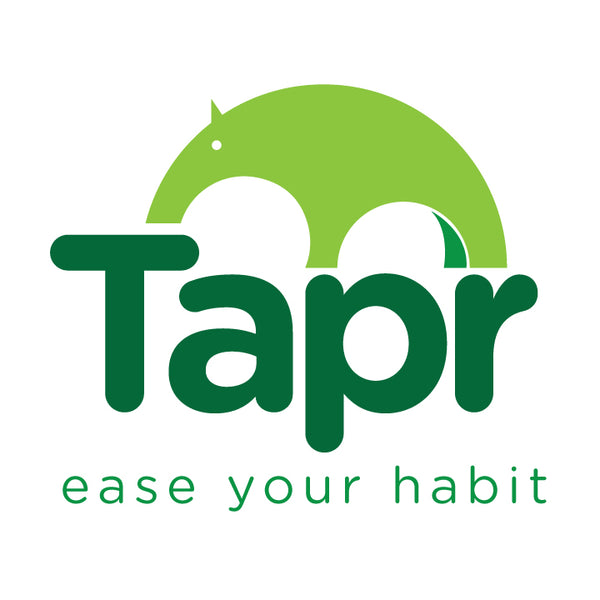The Hidden Cost of 'Just One Hit': How Single-Use Relapse Rewires Your Brain
Share

You're two weeks clean. The worst withdrawal symptoms have passed. Then comes the thought: "Just one hit won't hurt. I've proven I can quit." This thinking kills more quit attempts than any withdrawal symptom.
The Neuroscience of "Just Once"
When you use cannabis after a period of abstinence, your brain doesn't treat it as a minor slip. Here's what actually happens:
Dopamine Surge: After abstinence, your cannabinoid receptors have started to upregulate. That "one hit" creates a dopamine response 2-3x stronger than when you were using regularly.
Memory Consolidation: Your hippocampus immediately flags this experience as high-priority for survival, strengthening the neural pathways you've been working to weaken.
Craving Amplification: The contrast between abstinence and intoxication makes your brain crave the substance more intensely than before you quit.
Why Your Brain Treats It as Survival
Your primitive brain doesn't distinguish between survival rewards and drug rewards. When you reintroduce cannabis after abstinence:
- Pattern Recognition: Your brain says "This thing we were missing is back - it must be essential"
- Pathway Reinforcement: Dormant neural highways suddenly light up with traffic
- Tolerance Reset: Lower tolerance means higher impact, creating stronger memory encoding
The 72-Hour Danger Zone
After a single use, you face a critical 72-hour window where your brain aggressively pushes for repeated use. During this window:
- Cravings peak 10-20x normal intensity
- Sleep disruption returns (even from one use)
- Anxiety and irritability spike as your brain demands more
Practical Defense Strategies
If you haven't slipped yet:
- Write down your "one hit" thoughts when they occur. Seeing them on paper reduces their power.
- Create a "pause protocol": Before any use, you must wait 24 hours and talk to someone.
- Delete dealer contacts and apps. Add friction between thought and action.
If you've had "just one":
- Immediately implement the 72-hour lockdown: No access, no exceptions.
- Double down on exercise - you need endorphins to compete with the craving surge.
- Sleep aids are crucial - disrupted sleep makes cravings exponentially worse. Tapr Better Sleep pack can help with this.
Environment changes that work:
- Rearrange your living space. Your brain expects cannabis in familiar settings.
- Change your route home. Avoid passing spots where you used to score.
- Replace evening routines entirely. Don't try to do the same activities sober.
The Truth About Moderation
For most dependent users, moderation is a myth. Brain imaging shows that people with cannabis dependency have permanently altered reward pathways. These changes make "occasional use" nearly impossible. This isn't about willpower. It's about accepting how your specific brain responds to cannabis.
Moving Forward
The "just one" thought will come. Prepare for it now:
- Acknowledge the biology: This isn't a rational thought - it's your primitive brain seeking reward
- Have a plan: Know exactly what you'll do when the thought arrives
- Remember the cost: One hit doesn't just risk full relapse - it resets much of your neural progress
The path forward isn't through moderation. It's through understanding that for your brain, there's no such thing as "just one hit." Your quit attempt isn't a test of character. It's a process of rewiring. Protect that process.
